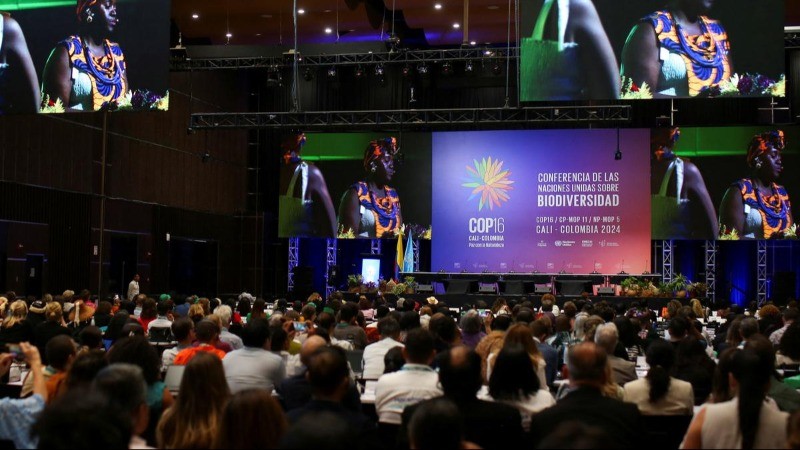
COP16: Environmental leaders from around the world have gathered in Cali, Colombia, to tackle the alarming decline in biodiversity. The two-week United Nations Biodiversity Conference (COP16) will focus on assessing global efforts to protect plants, animals, and critical habitats.
The conference is a follow-up to the 2022 Kunming-Montreal agreement, where 196 countries committed to safeguarding biodiversity. At this year's event, around 15,000 participants from 190 nations are attending, aiming to negotiate budgets and mechanisms to ensure that countries uphold their promises to protect the world’s forests, rivers, and oceans.
Colombia’s Environment Minister, Susana Muhamad, emphasized the country’s goal of making COP16 the most inclusive biodiversity summit ever. Muhamad said the summit seeks to give a voice to a broad range of communities, including citizens, Indigenous peoples, Afro-descendant groups, scientists, and other stakeholders.
However, the event faces security challenges. Armed rebels in the Amazon have issued threats against the summit. In the days leading up to the event, militants from a leftist rebel group launched attacks in a nearby region, injuring 17 people and blocking highways. Colombia's President Gustavo Petro responded by deploying additional security forces to ensure the safety of the summit.
During the conference, UN Secretary-General Antonio Guterres called for significant investment in the Global Biodiversity Framework Fund (GBFF) and urged for more public and private financial support to meet biodiversity goals. According to environmental groups, progress remains slow, and the target of restoring 30% of nature by 2030 might not be achieved in marine environments until 2107.
Germany has pledged €1.36 billion to support biodiversity preservation in developing countries, but environmental groups criticize the country for lacking strong biodiversity initiatives at home. They argue that clear, measurable, and binding national targets are needed to set an example.
Environmental Alarm: Global Wildlife Populations Fall by 73%
India and Iran Seek Diplomatic Dialogue Amid Rising Tensions in West Asia